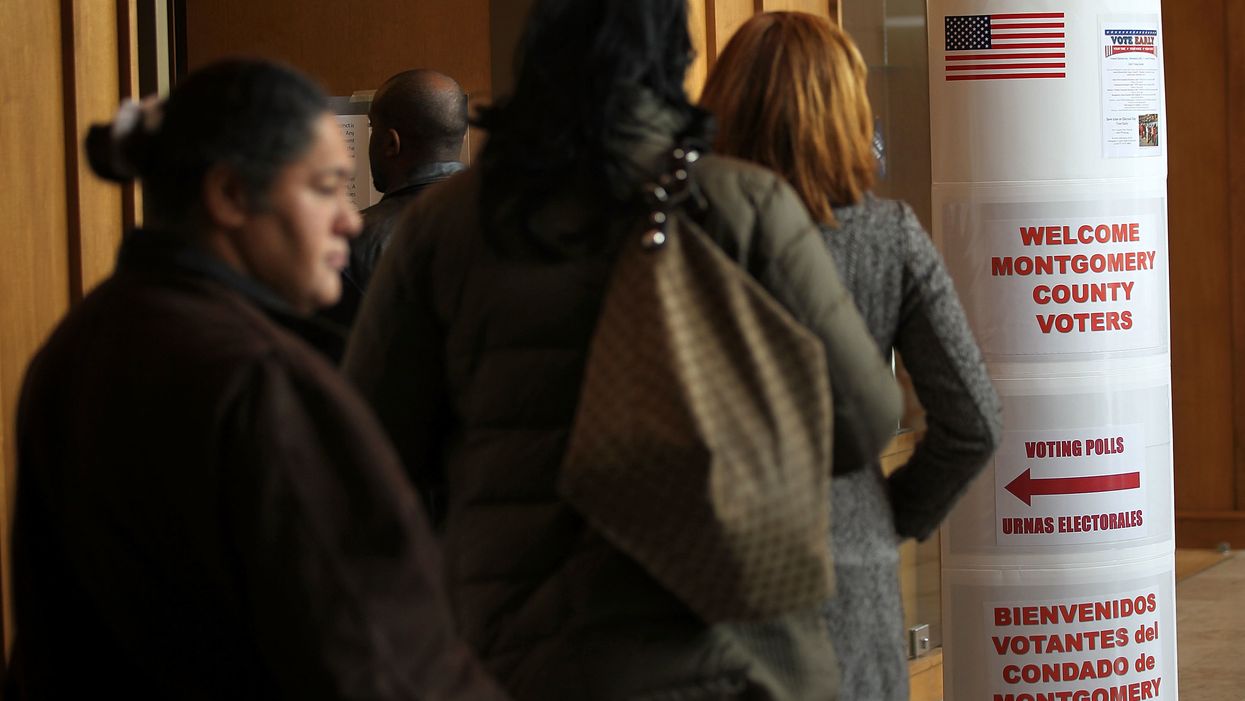Montgomery County, Md., gave campaign finance reform a test drive during last year's election when candidates could opt in to a matching funds program. A recent report from Maryland PIRG deemed the program's inaugural run a success.
The nonpartisan public interest research group outlined in its report, released Thursday, how Montgomery County's program led to greater participation and small-dollar donations. The matching funds boosted fundraising for qualifying candidates to make their average contribution totals comparable to non-participating competitors.
Average contributions for qualifying candidates totaled $306 — almost $10 more than the average donations given to non-participating candidates.
Of the 57 candidates who ran for county executive or a county council seat last year, 35 participated in the public financing program. But only 24 candidates followed all the rules to qualify for matching funds. The Montgomery County Council appropriated $11 million for this election — roughly $2 million was left over at the end.
Candidates who qualified:
- Only accepted donations from individuals between $5 and $150.
- Refused to accept money from large donors, PACs, corporations, other candidates and political parties.
- Met the minimum thresholds for number of county donors and amount of money raised.
Once they meet these requirements, candidates can receive a certain amount of matching funds for each donation between $5 and $150 during contested primary and general elections.
- County executive candidates: Up to $750,000
- County council at-large candidates: Up to $250,000
- County council candidates: Up to $125,000
Candidates not participating in Montgomery County's public financing program could accept up to $6,000 from each political action committee, union, corporation or individual, under Maryland state law.
Qualifying candidates were able to use the matching program to stay competitive against their opponents, the report says. On average, these candidates received 96 percent more contributions from individuals than the campaigns who did not participate in the program.
The Montgomery County Council passed a bill in September 2014 to adopt this public financing system, but November 2018 was the first election that candidates could participate and qualify to receive matching funds.
Six candidates who participated in the program won their respective elections — one for county executive and five of the nine county council seats.
"We are building a democracy where everyone has equal opportunity to participate in county elections regardless of race, gender, age, or income. With the small donor program, Montgomery County is helping ensure county government is accountable to residents, not wealthy special interests," Maryland PIRG Director Emily Scarr said.




















Marco Rubio is the only adult left in the room